Improvised Solutions: Making The Most Of Available Resources During A Hurricane
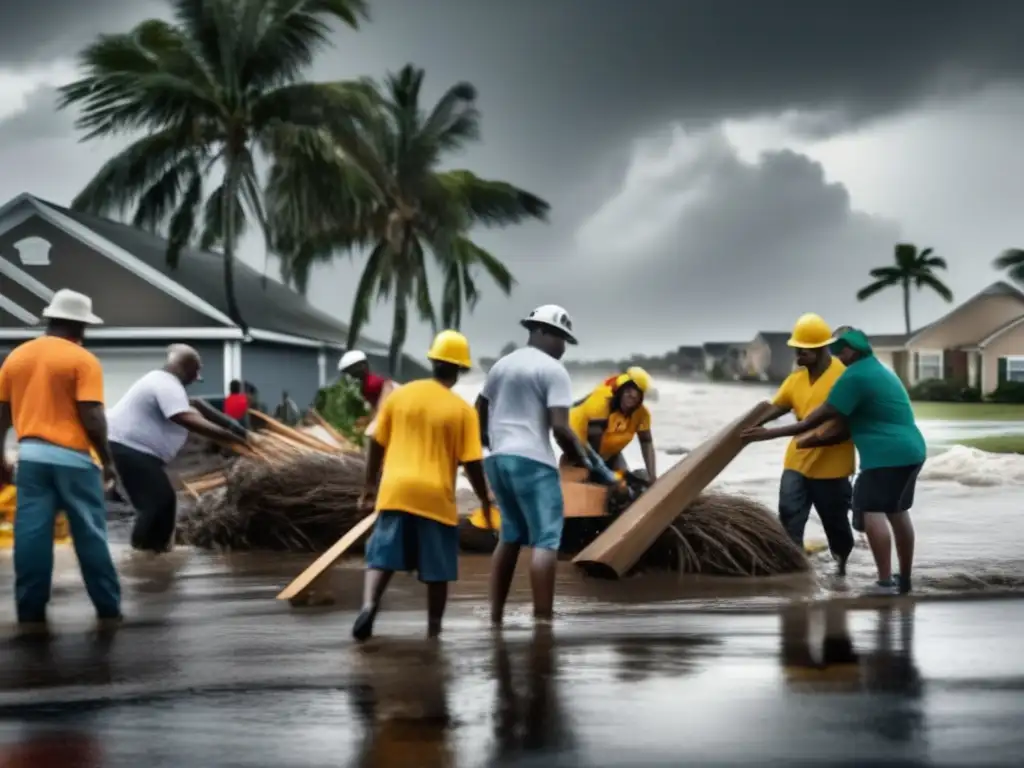
Improvised Solutions: Making the Most of Available Resources During a Hurricane
Introduction
Hurricanes are unpredictable and can cause widespread damage, including power outages, flooding, and destruction of homes and infrastructure. It is essential to have a plan in place for resources during a hurricane. Even with proper preparation, circumstances may arise that require improvisation to make the most of available resources. This article will provide tips and practical solutions for making the most of available resources during a hurricane.
Temporary Shelter
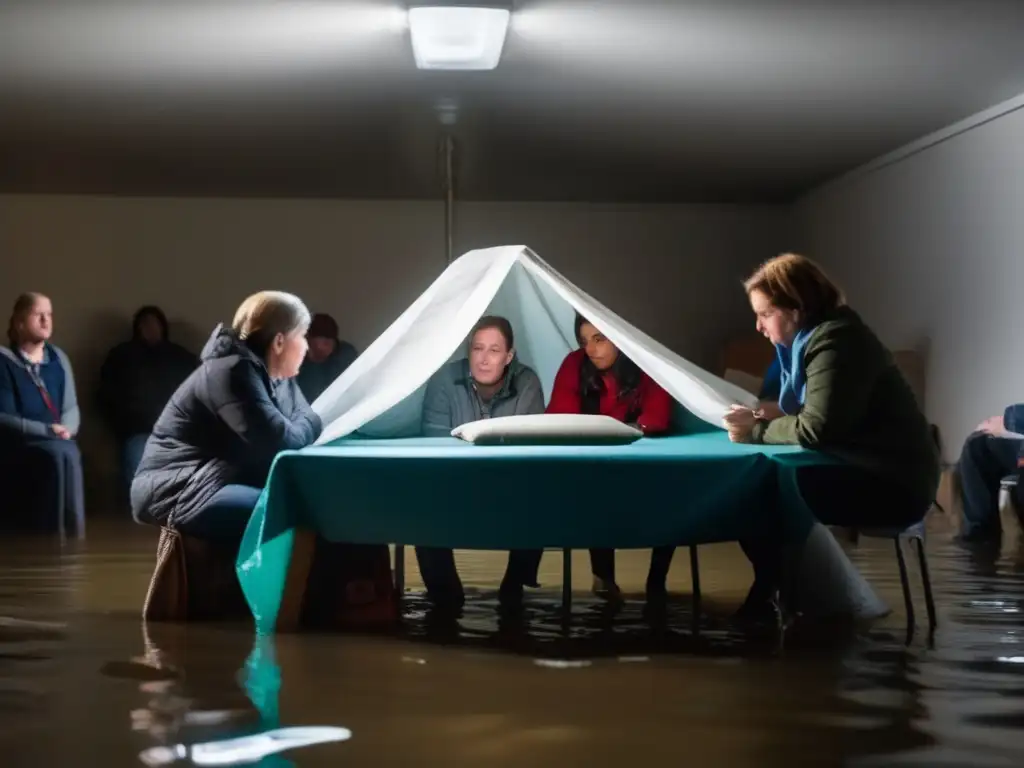
Using Tarpaulins for Temporary Shelter
When a hurricane destroys your home, you may need to set up temporary shelter. Tarpaulins, plastic sheets, or even heavy-duty trash bags can be used as temporary roofs and walls. You can tie them up using ropes, bungee cords, or duct tape, depending on what you have available. It is essential to ensure that the tarp is securely fastened to the ground to prevent it from being blown away by strong winds. If you have access to trees, you can use them to anchor the tarpaulin by tying it around the trunk.
Using Vehicles for Temporary Shelter
If you have an SUV or a van, you can use it as temporary shelter. You can park it in a safe location, such as a parking garage, and sleep inside. Make sure to secure the doors to prevent break-ins and to have sufficient ventilation.
Identifying Community Shelters
If you have to evacuate, identifying community shelters beforehand can help you save time and resources. Public schools, community centers, and churches are common emergency shelters. Make sure to research which shelters are open in your area and pack enough essentials to last a few days.
Food and Water
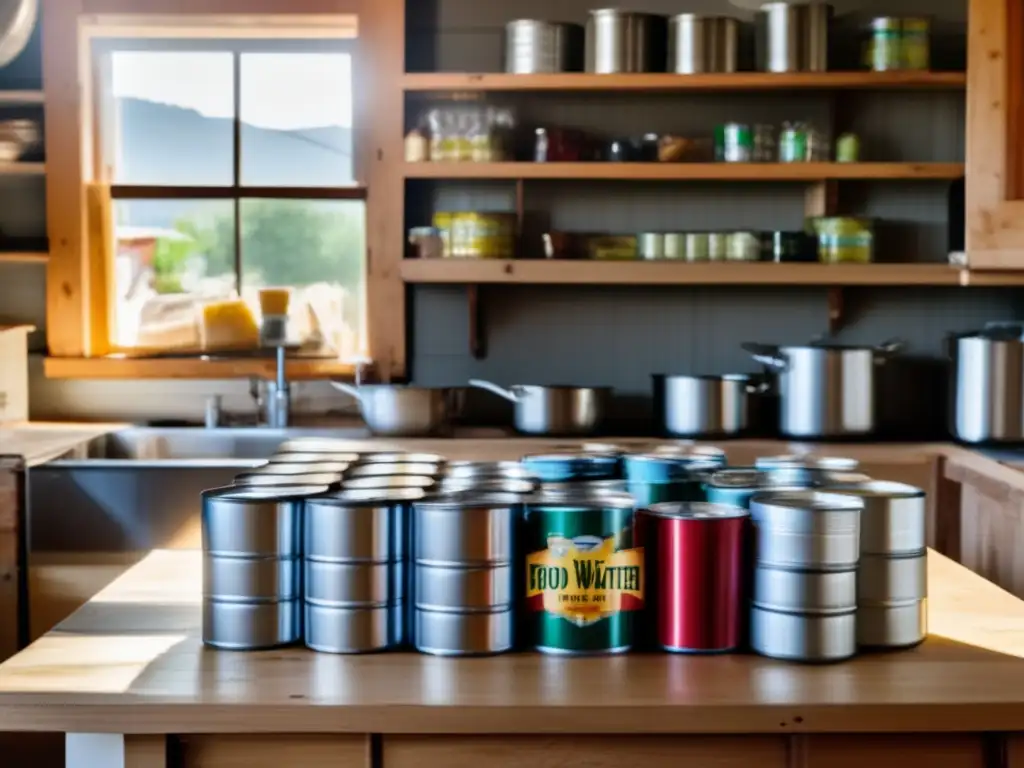
Purifying Water
During a hurricane, flooding can contaminate drinking water sources. However, there are several ways to purify water to make it safe for drinking.
- Boiling: Boil water for at least one minute, then let it cool before drinking.
- Using bleach: Add 8 drops of unscented household bleach per gallon of water, stir well, and let it sit for 30 minutes before drinking.
- Using water purification tablets: Follow the instructions on the package.
Cooking Without Power
If you lose power during a hurricane, you may not be able to cook using electric or gas stoves. However, you can use alternative cooking methods:
- Grilling: You can use a gas or charcoal grill to cook food outdoors.
- Camp stove: If you have a camping stove, you can use it indoors to prepare simple meals.
- Fire Pit: If you have a fire pit, you can use it to cook food.
Power Outages

Using Generators
Generators can provide power during a hurricane. However, it is essential to use them safely to prevent carbon monoxide poisoning. Never use generators indoors, including in garages or basements. Make sure to follow the instructions carefully and keep the generator at least 20 feet away from windows and doors.
Using Batteries and Solar Power
Batteries and solar power can be used to power essential devices during a power outage. Make sure to have an adequate supply of batteries, including rechargeable ones, and a way to charge them, such as a solar-powered charging station or a car charger.
Using Candles and Lanterns
Candles and lanterns can provide light during a power outage. Make sure to keep them away from flammable materials and never leave them unattended.
Financial Management

Protecting Important Documents
Ensure that important financial documents, such as insurance policies, banking information, and identification, are stored in waterproof containers or digitally backed up in the cloud or on an external hard drive.
Using Cash
During a hurricane, credit card machines and ATMs may not work due to power outages. It is always a good idea to have cash on hand, including small bills and change for emergencies.
Emergency Funds
Having an emergency fund can help you cover unexpected expenses, such as repairs and temporary housing. Financial experts recommend having at least three to six months' worth of living expenses saved in an emergency fund.
Frequently Asked Questions
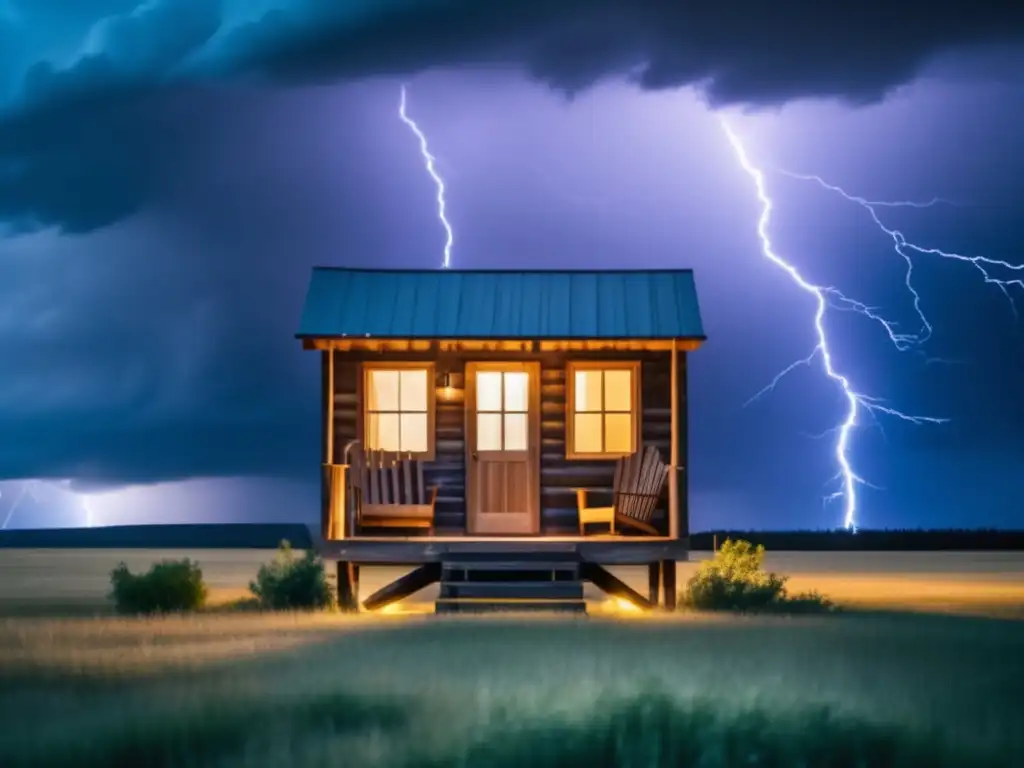
-
What should I do if I run out of food and water?
If you run out of food and water during a hurricane, try to ration what you have left. If you need more supplies, look for community distribution centers or contact local authorities for assistance.
-
How can I stay safe during a storm?
Stay indoors and away from windows. Use flashlights instead of candles or lanterns. Follow emergency instructions from local authorities.
-
What should I do if my home is flooded?
If your home is flooded, stay out of the water to avoid electrical hazards and contamination. Contact your insurance company and document the damage with photos and videos.
-
Is it safe to use a portable generator?
Portable generators can be safe if used correctly. Make sure to follow the manufacturer's instructions and use them outside, away from open windows and doors. Never use a generator indoors.
-
What should I do after a hurricane?
Assess the damage to your property and document it with photos and videos. Contact your insurance company and take steps to prevent further damage, such as covering broken windows or holes in the roof. Follow local authorities' guidance for returning home.
Conclusion
In conclusion, when preparing for a hurricane, it is important to plan for improvisation in case of unexpected circumstances. The solutions presented in this article can help you make the most of available resources during a hurricane. Remember to prioritize safety, ration food and water supplies, and protect important documents. With proper preparation and improvisation, you can increase your chances of weathering the storm.
Living in areas prone to hurricanes is a reality for many people. Therefore, it is crucial to stay informed and prepared to ensure the safety and well-being of yourself and those around you. By putting these improvised solutions into practice, you can make a significant impact on the outcome of an emergency situation.
Don't forget to share your thoughts and experiences in the comments section, and visit our website, hurricaneinsider.org, for more information on hurricanes and how to prepare for them. Stay safe!
Additional Resources
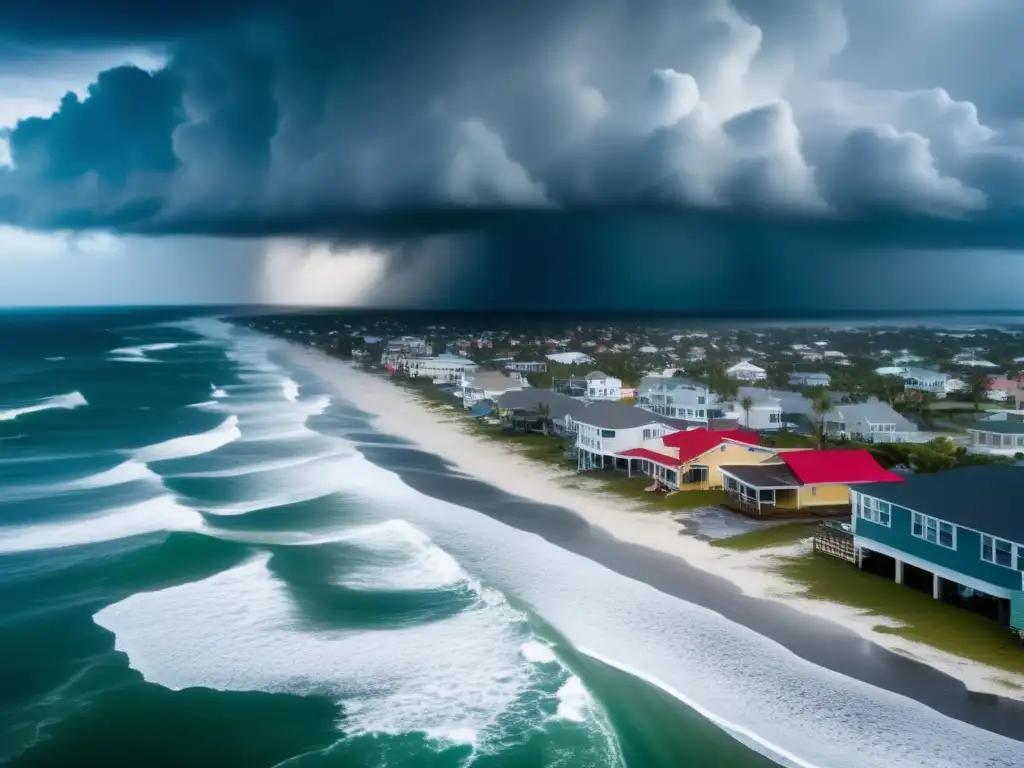
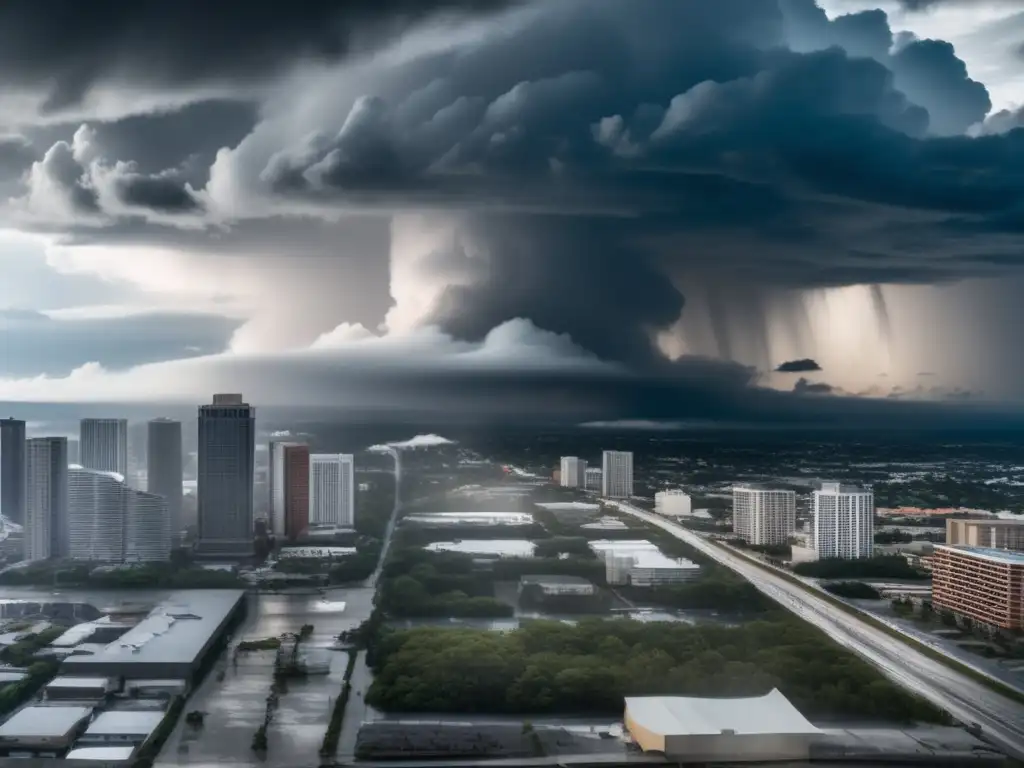 High Rise Safety: What To Do During A Hurricane In An Apartment Building
High Rise Safety: What To Do During A Hurricane In An Apartment Building Swimming Safely: Handling Pools During A Hurricane
Swimming Safely: Handling Pools During A Hurricane Entertaining Children During A Hurricane
Entertaining Children During A HurricaneIf you want to discover more articles similar to Improvised Solutions: Making The Most Of Available Resources During A Hurricane, you can visit the During the hurricane: category.
Leave a Reply

Articulos relacionados: